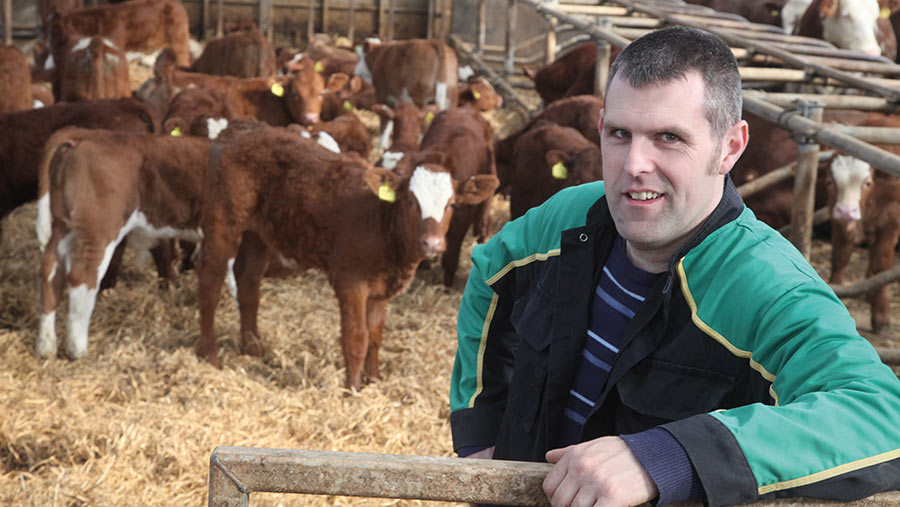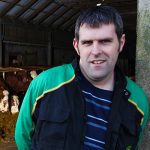Farmer Focus: Hoping straw matches timely BPS payment
 © Ken Amer
© Ken Amer Orkney seems to have been lucky this year with the weather. We had a decent summer, and, so far, a decent but mixed harvest is a lot better than what so much of the country has had.
Our Basic Payment Scheme money has arrived five months earlier than last year, so I’m hopeful the straw will be baled and safely in the shed a lot earlier this year as well. Last year, it lay for almost six months.
Earlier in the summer, I mentioned our young bull who I was worried might not have got all the heifers in-calf.
See also: New sheep dipping guidelines now in place – what to expect
I replaced him with an aged bull after eight weeks and scanned them about 50 days later. Thankfully, the young lad has managed to get more than half of them in-calf and the older lad tidied up the rest.
We vaccinated our ewes with Footvax for the first time last September. I was happy with the results throughout the winter, but was a bit disappointed at how many were lame inside in the run up to lambing.
Once they were outside again there hasn’t been many lame, and we will definitely be doing them again before tupping.
There has definitely been less scald in the lambs this summer, though there’s still room for improvement.
We are very fortunate to have excellent agricultural contractors in Orkney. I try to do a lot of the tractor work myself, but hire in for some jobs.
Every year we need a 360 digger and driver for a few days – this year, it has turned into weeks.
We’ve been draining, putting in water pipes, roads and generally tidying up. One of my favourite jobs of the whole year is digging out what we in Orkney call gutter (mud) from around water troughs and gates.
Our local quarry has lots of clay from the top of the quarry, which is almost a waste product to them, but excellent material for farm roads and around water troughs and gates.
It must be done in the summer when dry, then proves its worth in the winter when trying to get sheep out of a field.

